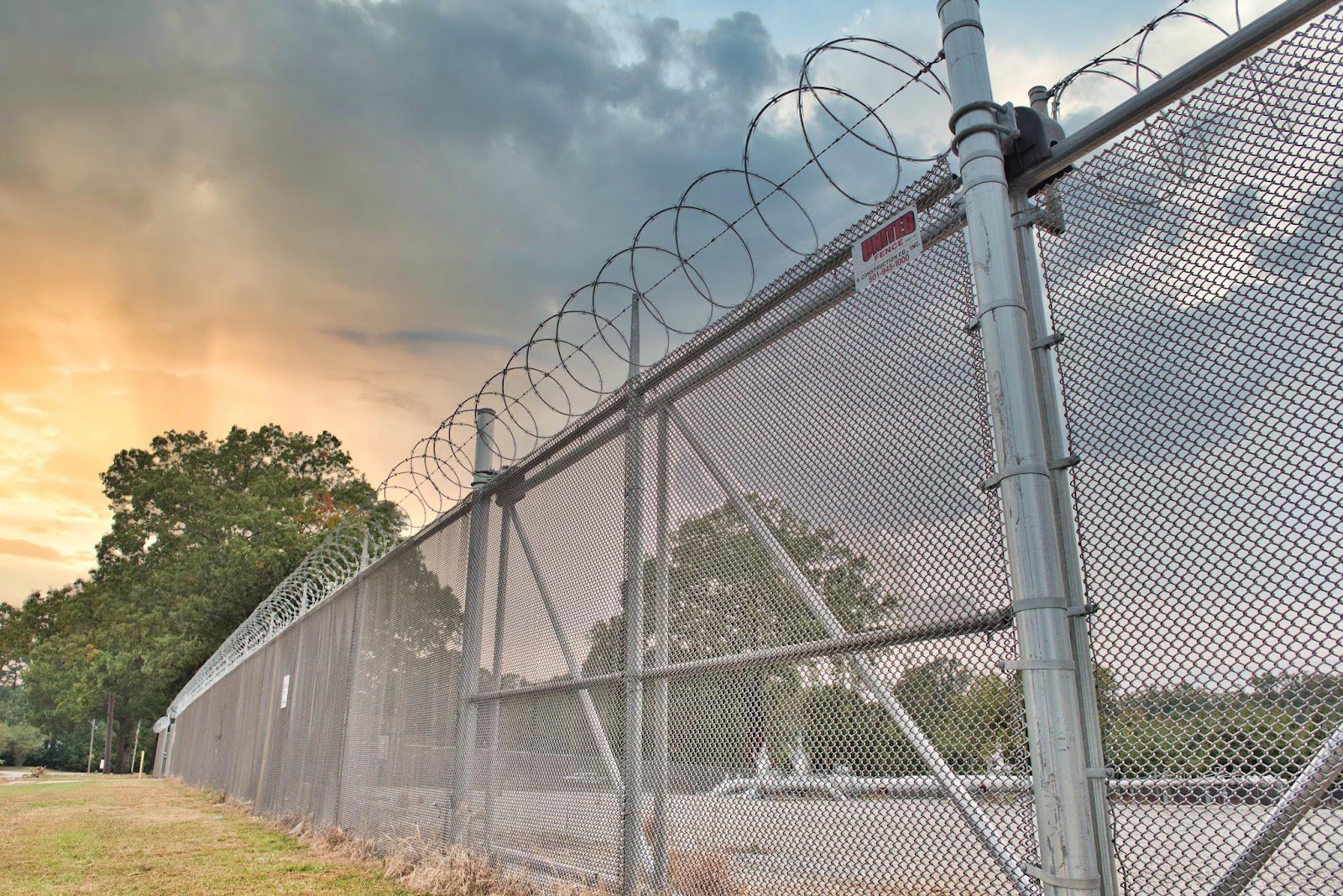All Categories
Featured

When preparing to mount a fence around your building, one of the first steps is recognizing the permitting requirements in your location. Here's what you require to know regarding getting the essential permits for your fence installment.
Why Do You Required an Authorization for a Fencing? A permit is commonly required for fence setups to make certain compliance with neighborhood building regulations, zoning regulations, and security regulations. Allowing aids regional authorities preserve harmony in area appearances, safety, and environmental considerations. It additionally guarantees that the fence does not interfere with utility lines or public areas, and that it adheres to elevation and boundary constraints.

Typical Authorizations Required for Fencing Installation. Building License. Most locations require a structure permit for fence installation, particularly if the fencing exceeds a specific elevation (normally over 6 feet) or is made from non-standard materials. This license makes certain that your fencing follows local building ordinance. In some locations, the building division will evaluate the site to ensure that the fencing fulfills safety and security and architectural criteria.
Zoning License. Zoning authorizations are designed to ensure that your fencing sticks to neighborhood zoning laws, including troubles from home lines, easements, and rights-of-way. Zoning regulations differ from city to city, and in many cases, your fence may need to be held up a certain number of feet from the walkway or roadway. If your fencing is in a historic district or other particularly assigned locations., a zoning permit may also be required.

Fencing License. In some areas, a particular "fence authorization" might be required. Some cities limit chain-link fences in front backyards or have certain regulations for personal privacy fences.
HOA Approval. You might need authorization before mounting a fence if your home is component of a property owners organization (HOA) HOA guidelines frequently include particular policies regarding the type, elevation, shade, and products for fencings to preserve the community's aesthetics. HOA laws can be more stringent than city codes, so constantly examine their guidelines before moving on.
Easement or Utility Authorizations. If your fencing will be near or across an easement (such as an utility easement), you may require to acquire consent from the energy business or other entities that control the land. This is particularly crucial if you prepare to mine fencing blog posts, as it guarantees you will not harm below ground energies like power, gas, or water lines.
How to Locate Out What Allows Are Called for. The best means to establish which licenses are needed for your fencing installment is to contact your neighborhood building division or municipal office. They can supply you with certain info concerning needs in your area. Here are a few steps you can take to locate out:
Inspect the City or Area Website: Lots of city governments give info regarding fencing installment allows online. Look for building or zoning sections on their web site. Call or See City Government Workplaces: If the details is not easily offered online, calling or checking out the neighborhood office in person can clarify what's required. Seek Advice From a Specialist Professional: If you're not sure or overwhelmed by the procedure, a local professional or fence installation business can assist in navigating the permitting procedure, as they know with neighborhood regulations. What Occurs If You Do Not Obtain an Authorization? Falling short to get the needed licenses can lead to a range of consequences. In several locations, you might deal with penalties, and your fencing may be ordered to be removed. Additionally, if you market your property in the future, the absence of appropriate permits might be a warning for customers and affect the sale. Permitting makes certain that your fencing is compliant and assists stay clear of future problems.
Verdict. Before mounting a fencing around your home, it's necessary to examine whether a license is needed in your location. Building authorizations, zoning licenses, HOA approval, and utility authorizations may all play a duty in your fencing setup procedure. Putting in the time to study and get the essential authorizations will certainly not just make sure that you're complying with regional regulations, yet also help shield your investment and keep the stability of your home.
Latest Posts
Find Out Why Chicago Drivers Select Montclare Auto Repair for Reliable Service and Significant Savings
Published May 26, 25
1 min read
Uncover Premier Auto Repair Care offered by Montclare Auto Repair – Keep Your Car Running Smoothly
Published May 24, 25
1 min read
Discover Reduce Expenses on Car Maintenance with Montclare Auto Repair’s Limited-Time Deals
Published May 23, 25
1 min read
More
Latest Posts
Find Out Why Chicago Drivers Select Montclare Auto Repair for Reliable Service and Significant Savings
Published May 26, 25
1 min read
Uncover Premier Auto Repair Care offered by Montclare Auto Repair – Keep Your Car Running Smoothly
Published May 24, 25
1 min read
Discover Reduce Expenses on Car Maintenance with Montclare Auto Repair’s Limited-Time Deals
Published May 23, 25
1 min read